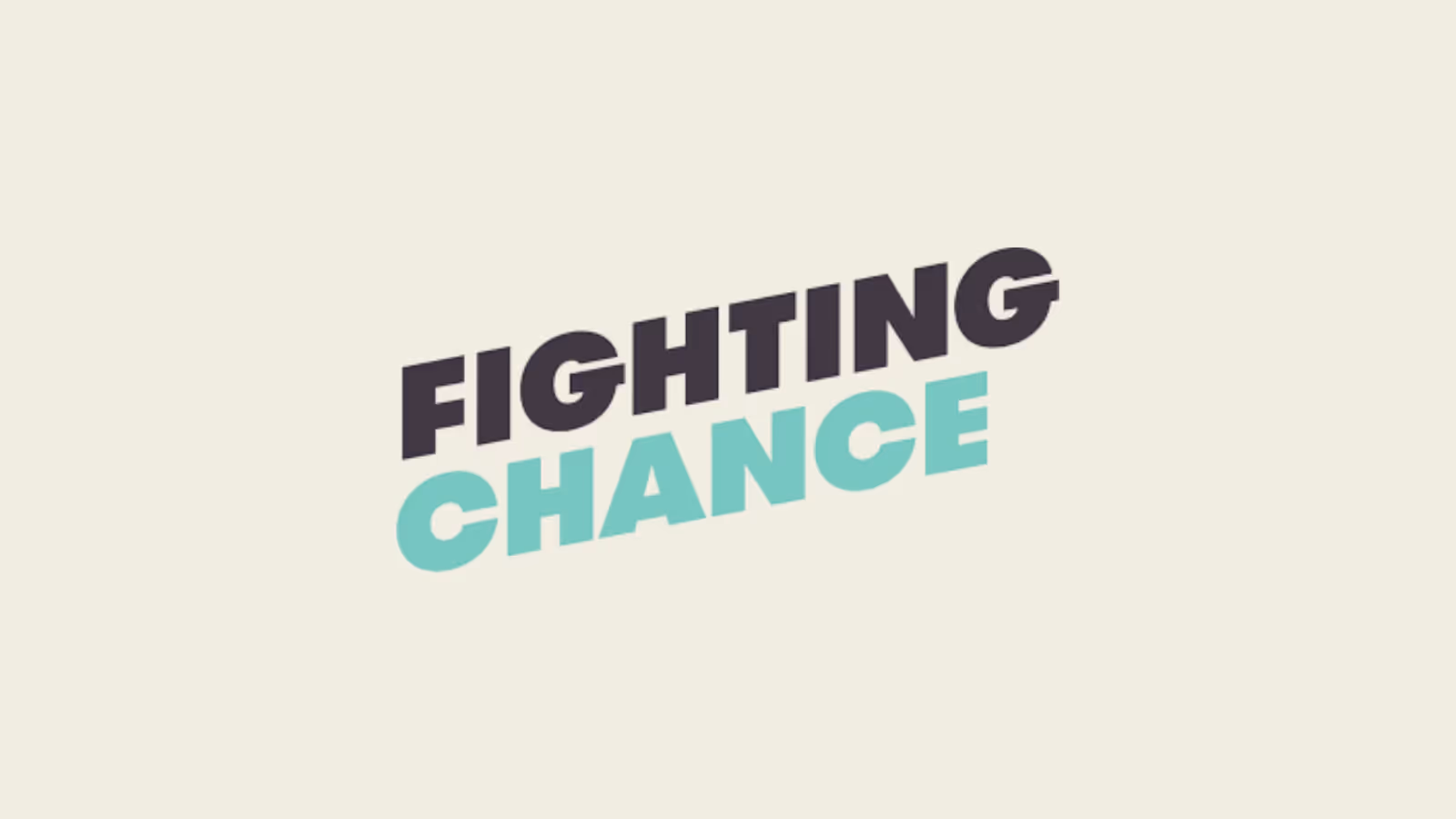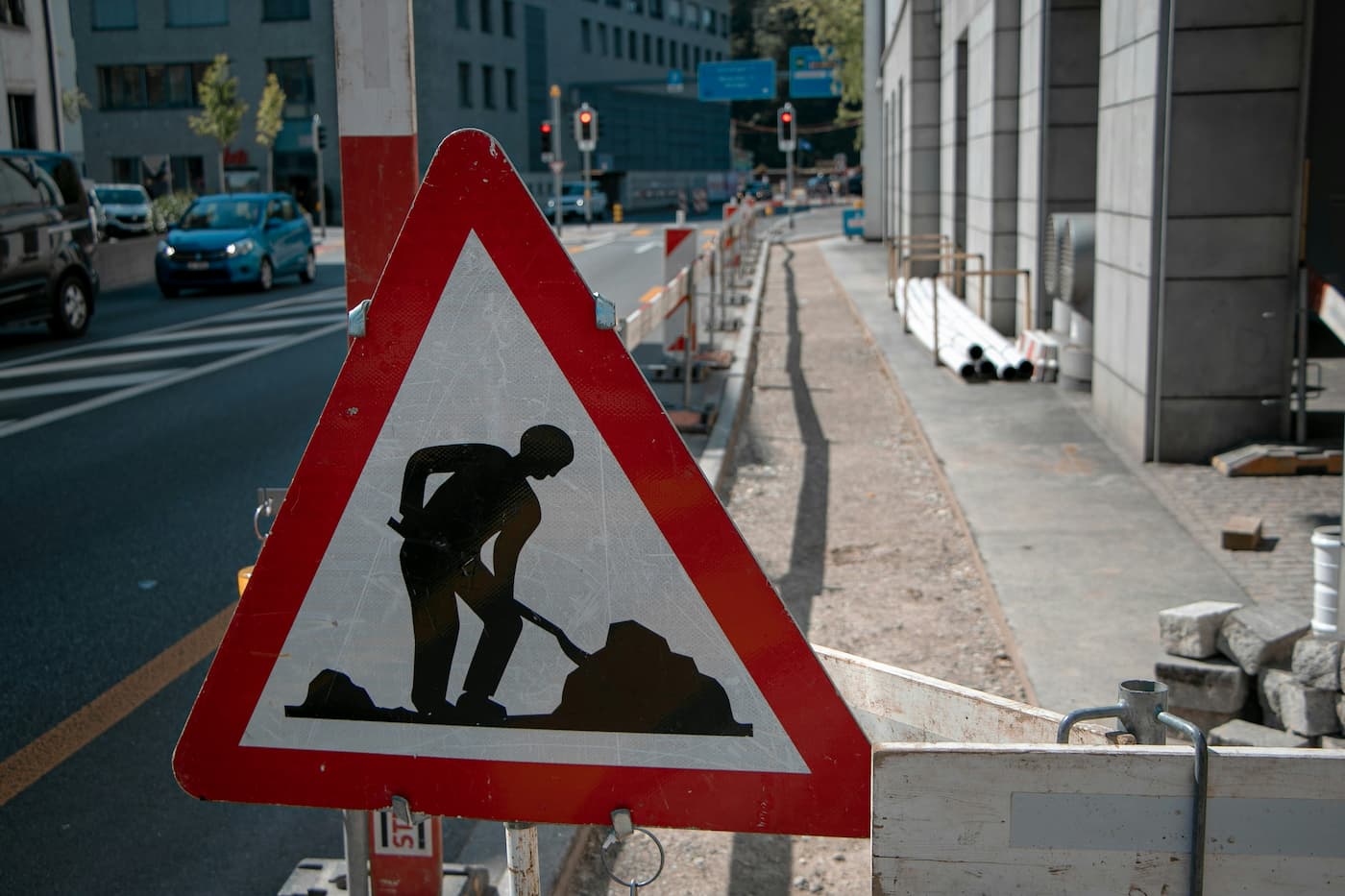Psychosocial Hazards Legislation Changes By State
Psychosocial hazard laws are changing by state. See how WHS legislation updates affect your business.

Changes to the Work health and Safety Regulations
Significant changes to Commonwealth work health and safety laws came into effect in April 2023, mandating employers to manage hazards and risks to workers’ psychological health and safety. For the first time, the Work Health and Safety Regulations 2011 prescribe how employers must identify and manage hazards and risks to workers’ psychological health and safety.
These changes were influenced by the Boland Report and international standards release – ISO 45003:2021, in 2022. Each Australian state has its own regulatory body and legislation to enforce these changes. New South Wales, Queensland, Western Australia, South Australia, Tasmania, ACT, and Northern Territory have adopted the changes, while Victoria, not having adopted the harmonised laws, is the only state to have not adopted the psychosocial health and safety regulations.
The Boland Report
in 2018 The Boland Report, formally known as the “2018 Review of Model Work Health and Safety Laws” by Marie Boland, was initiated to evaluate the effectiveness of Australia’s model Work Health and Safety (WHS) laws. The WHS Act required a review to be conducted five years after its implementation, this provision was included to ensure the laws remained relevant and effective over time. The report assessed implementation and impact, identified areas for improvement and aimed to ensure that the WHS laws remained fit for purpose and adaptable to contemporary and future workplace conditions.
Findings
The report found that the Boland Report, formally titled the “2018 Review of the Model Work Health and Safety Laws,” provided several key recommendations to improve the effectiveness of the WHS laws in Australia. Here are some of the primary recommendations:
- Industrial Manslaughter: Introduce an industrial manslaughter offence in the model WHS laws to provide stronger deterrence and accountability for the most serious work health and safety breaches resulting in death.
- Psychosocial Risks: Amend the model WHS laws to explicitly address psychological health, ensuring that psychosocial risks are managed in the same way as physical risks.
- National Consistency: Promote greater consistency in the interpretation and application of the model WHS laws across different jurisdictions, including through guidance materials and training for inspectors.
- Support for Small Businesses: Develop targeted support and resources for small businesses to help them comply with WHS laws and improve workplace safety.
Psychosocial Hazard Legislation By State
The ISO standards were released June 2021; Occupational health and safety management — Psychological health and safety at work — Guidelines for managing psychosocial risks, ISO 45003:2021 (source). Post-covid, there was a recognition of the impact of mental health health on the global workforce, and a need for global management of these issues.
To address the issue, new guidelines and standards were developed to help employers create the right environment for the physical and mental safety of their workers (source) ISO 45003,is a global standard, it’s primary purpose is to define psychosocial hazards and develop a management framework that recognizes them as major challenges to health, safety and well-being at work.
Changes Regarding Psychosocial Hazards By State
New South Wales
NSW is governed by the Work health and Safety Act 2011, and the Work health and Safety Regulations 2017. In May 2021 SafeWork NSW implemented the Code of Practice: Managing Psychosocial Hazards at work. By doing so, they became the first Australia/New Zealand jurisdiction to implement an approved code of practice addressing psychosocial hazards.
See the full guide to NSW Psychosocial Hazards Legislation
Victoria
Victoria is the only State in Australia that has not adopted the harmonised laws regarding workplace health and safety. Therefore, it is not expected to adopt the model psychosocial regulations developed last year by Safe Work Australia. Victoria is legislated by the Occupational Health and Safety Act 2004.
Queensland
Queensland’s work health and safety legal framework includes:
- the Work Health and Safety Act 2011
- the Work Health and Safety Regulation 2011
- codes of practice
The Queensland Code of practice – Managing the risk of psychosocial hazards at work code of practice 2022 commenced 1 April 2023.
The WHS Regulation – *Work Health and Safety (Psychosocial Risks) Amendment Regulation 2022,* was also be updated to include psychosocial hazard regulations providing more specific detail about how duties under the WHS Act must be performed.
Find out more about the specific Queensland Psychosocial Hazards Code Changes.
Western Australia
The WorkSafe Commissioner is responsible for the administration of the Work Health and Safety Act 2020 and any other laws relating to work health and safety (Source). WorkSafe WA is part of the Department of Energy, Mines, Industry Regulation and Safety and is the Western Australian Government agency supporting the WorkSafe Commissioner in administering Work Health and Safety. The WorkSafe Commissioner is responsible for the administration of the Work Health and Safety Act 2020 and any other laws relating to work health and safety.
Work health and safety regulations for the control of psychosocial risks came into effect on 24 December 2022. PCBUs already have a duty to manage psychosocial risks under the primary duty of care in the Work Health and Safety Act 2020, and these new regulations and the code of practice will ensure that workplaces act consciously to manage and address psychological risks to all workers.
South Australia
New regulations –Work Health and Safety (Psychosocial Risks) Amendment Regulations 2023 to help workers and employers manage the risk of psychological injuries and illnesses in the workplace came into effect on 25 December 2023. The changes to the regulations under the Work Health and Safety Act 2012 help provide better guidance to workers and employers.
They are supported by a Code of Practice on Managing psychosocial hazards, which is the national guidance providing practical guidance on how to manage risks to psychological health, developed in consultation with workers and businesses. SA has currently not developed it’s own code of practice.
Tasmania
The Work Health and Safety Regulations 2022 and the Work Health and Safety (Transitional) Regulations 2022 replace the Work Health and Safety Regulations 2012 which have been remade as required every 10 years.
The 2022 Regulations include these amendments:
A new regulation that make it mandatory for workplaces to manage psychological health and prevent psychosocial hazards (such as workplace bullying, traumatic events, occupational violence and aggression, and physical and sexual assault)
The national code of practice was effective in Tasmania from 4 Jan 2023.
Australian Capital Territory
The ACT’s Work Health and Safety (Managing Psychosocial Hazards at Work Code of Practice) Approval 2023 came into effect on 27 November 2023. This Code of Practice practical guidance on how to manage the risks associated with psychosocial hazards. This Code is supported by the new *Work Health and Safety Regulation 2011* which also came into effect in November 2023.
These changes outline information which must be considered by persons conducting a business or undertaking (PCBUs) when preventing harm from psychosocial hazards in their workplaces.
Northern Territory
The Work Health and Safety (National Uniform Legislation) Regulations 2011 (the WHS Regulations) has been amended to address psychosocial hazards in the workplace. The changes incorporate updates to the model WHS Regulations and are in effect from 1 July 2023.
The national Code of Practice: Managing psychosocial hazards at work will be adapted to include the use of the hierarchy of control measures. The Code will guide duty holders through the psychosocial risk management process, giving practical steps on how to comply with their respective legal duties. The commonwealth code of practice is currently subject to consultation prior to adoption.
Organisations have a significant role to play in eliminating psychosocial hazards.
Ensure Your Business Stays Compliant With Changing WHS Legislation
Australia’s states and territories have unanimously adopted the updated regulations and code of practice in alignment with the commonwealth legislation and regulations. With the exception of Victoria, This demonstrates a strong commitment to worker psychosocial health and safety across the board.
As states and territories adopt updated regulations and codes of practice, it’s more important than ever to prioritise worker psychosocial health and safety. At Foremind, we specialise in psychosocial hazards management and can help your business navigate and comply with these evolving legal requirements.
What does this mean for employers and officers?
First and foremost as a business or PCBU you are now required to manage psychosocial hazards within the workplace. It is your responsibility to eliminate psychosocial risks, or if that is not reasonably practicable, minimise them so far as is reasonably practicable as well as provide effective means for employees to report hazards.
Under the WHS Regulations, to manage psychosocial risks, a PCBU or duty holder must:
- identify reasonably foreseeable hazards that could give rise to psychosocial risks
- eliminate risks, so far as is reasonably practicable
- maintain implemented control measures so they remain effective, and
- review, and if necessary revise, control measures so as to maintain, so far as is reasonably practicable, a work environment that is without risks to health and safety.
This is a lot to take in.
But when you look at the alarming increase in mental health related injuries, compensation claims and lost productivity statistics something had to change. Luckily most compliance software platforms will have been well across these changes and should have been informing you of the changes and how you can mitigate any impacts to your business.
If that isn’t the case and you are flying blind then here are a few ways that Foremind can help you meet your requirements under the new WH&S legislation
Stay ahead of the curve and safeguard your workforce with Foremind’s expert support and comprehensive solutions. Contact us today to learn how we can assist you in maintaining compliance and fostering a healthier, safer work environment.
Combining EAP & Psychosocial Hazard Management
The impact of psychosocial hazards can be significant and can lead to a range of negative outcomes, such as decreased job satisfaction, increased absenteeism and turnover, and reduced productivity.
It is required under the legislation for employers to identify, assess control and review these hazards. Foremind allows you to do this in the one place so that you can easily report on what you are doing as required.
Learn more about Psychosocial Hazards Compliance

Hello 👋 I’m Joel the founder of Foremind.
Are you ready for simplified support & compliance?
Latest insights
Answers to the frequently asked questions.
Still have questions?
Email us at enquiries@foremind.com.au and we'll get back to you quickly with a response
Yes, we have culturally competent counsellors available, including those able to work with first nation and CALD employees.
Onshore on secure AWS Servers in Sydney Australia. All data is encrypted in transit and at rest and our entire team is located in Australia.
Employees can access our platform on any device (mobile, laptop, desktop, etc.) as long you have the website link - no need to download any app on devices. You wouldn’t need to enrol any of your staff individually.- When we do our onboarding, we ask for the first name, last name and email of all your employees, and send out an email invite to all them which will allow them to create their own individual account to access the platform. For new staff we can also invite them or provide you with a unique link to embed in your onboarding process, whichever is more convenient for you. We also kick things off with a launch webinar or video to make sure everyone is aware of Foremind and how to use it. We’ll also provide you with any collateral such as posters, QR codes, brochures etc. to help drive awareness and encourage people to create an account in the platform.
The support line is answered by our reception service 24/7. It is for urgent platform or session-related issues only (e.g. *“My counsellor didn’t show”*) or helping staff create an account.





